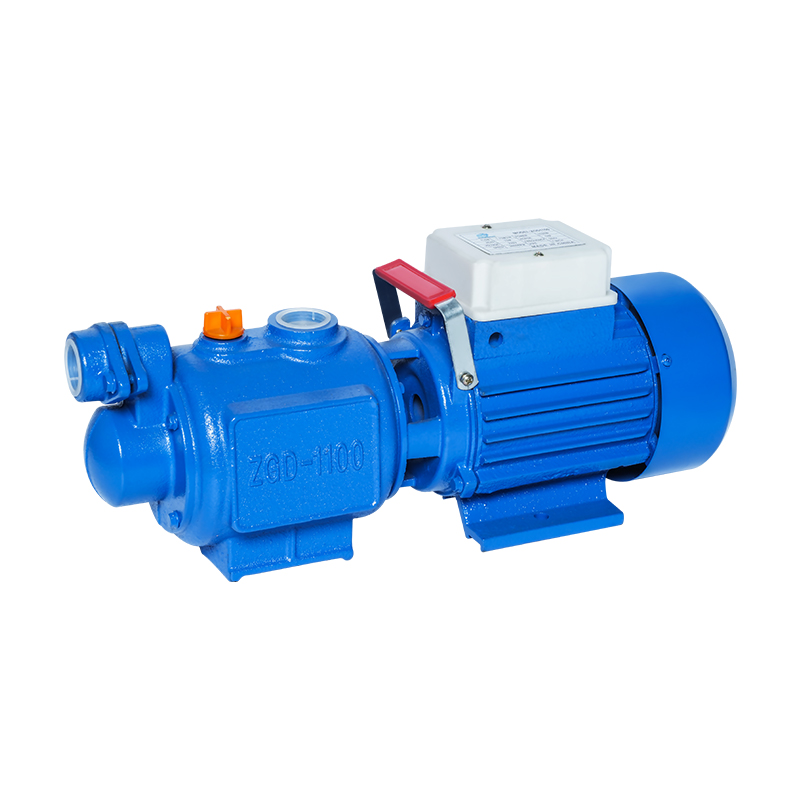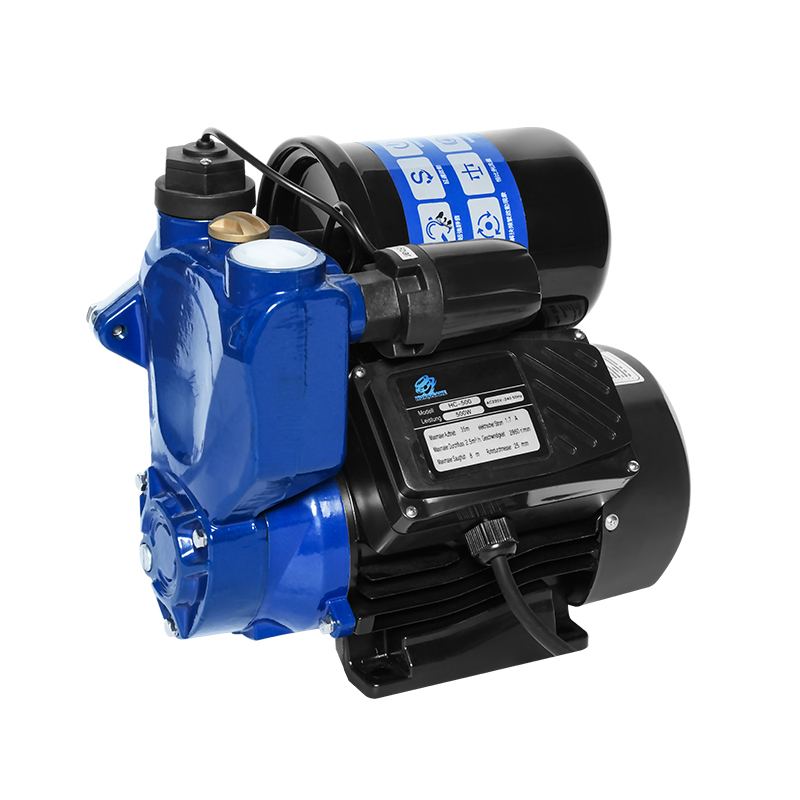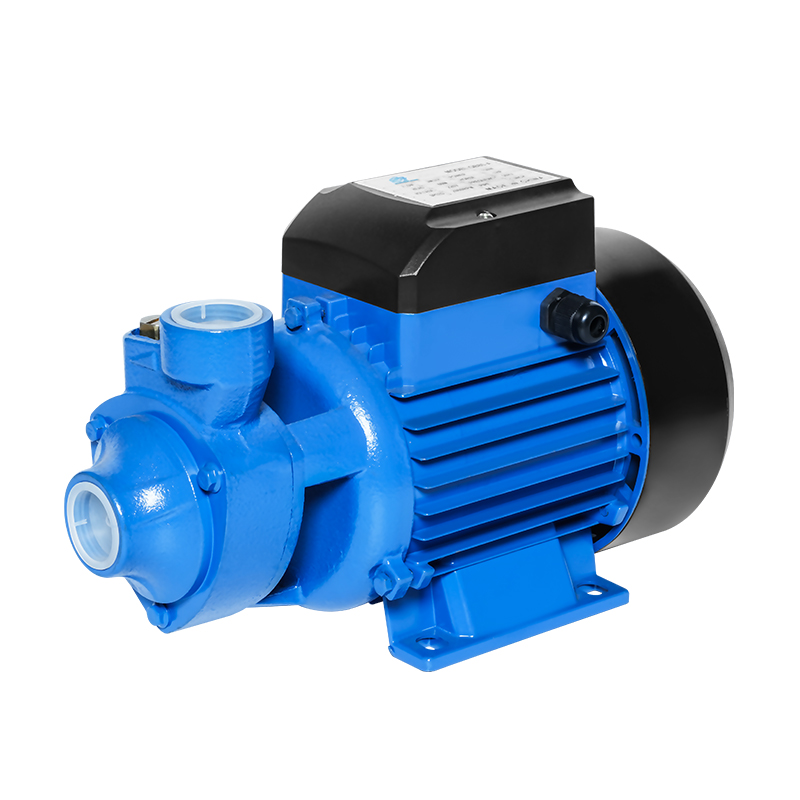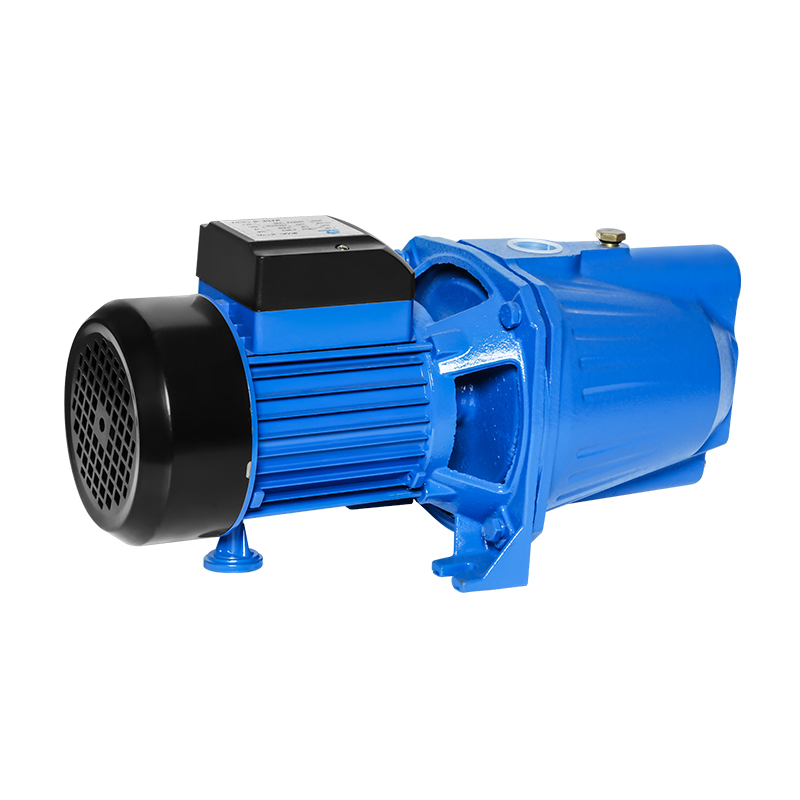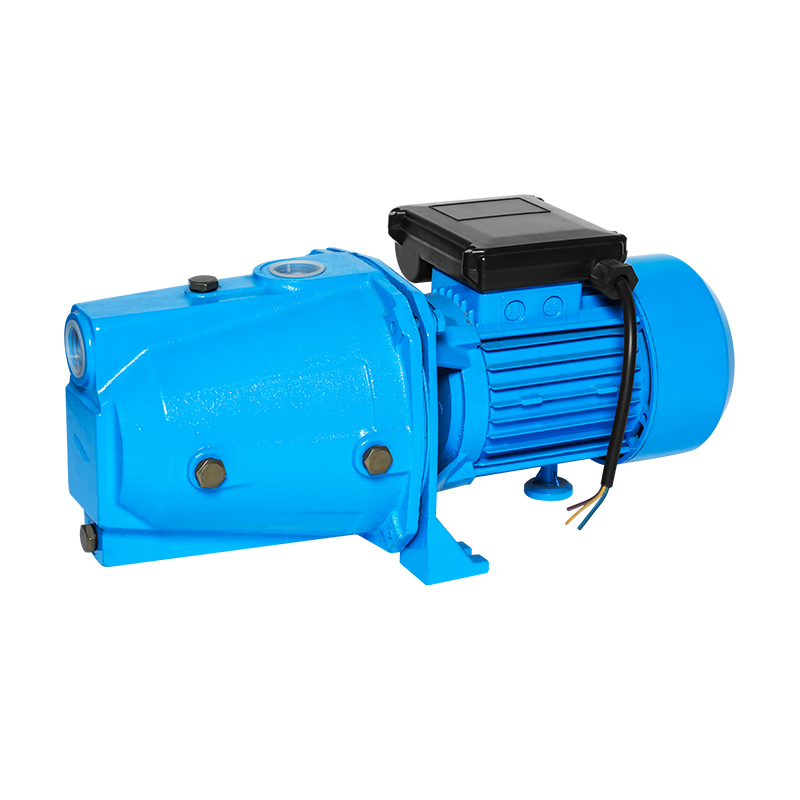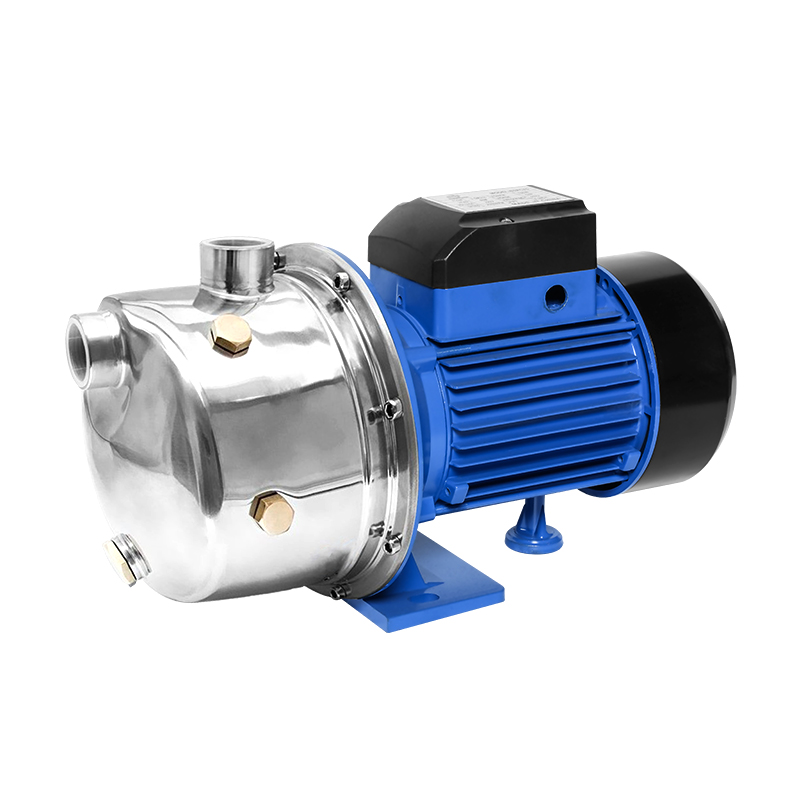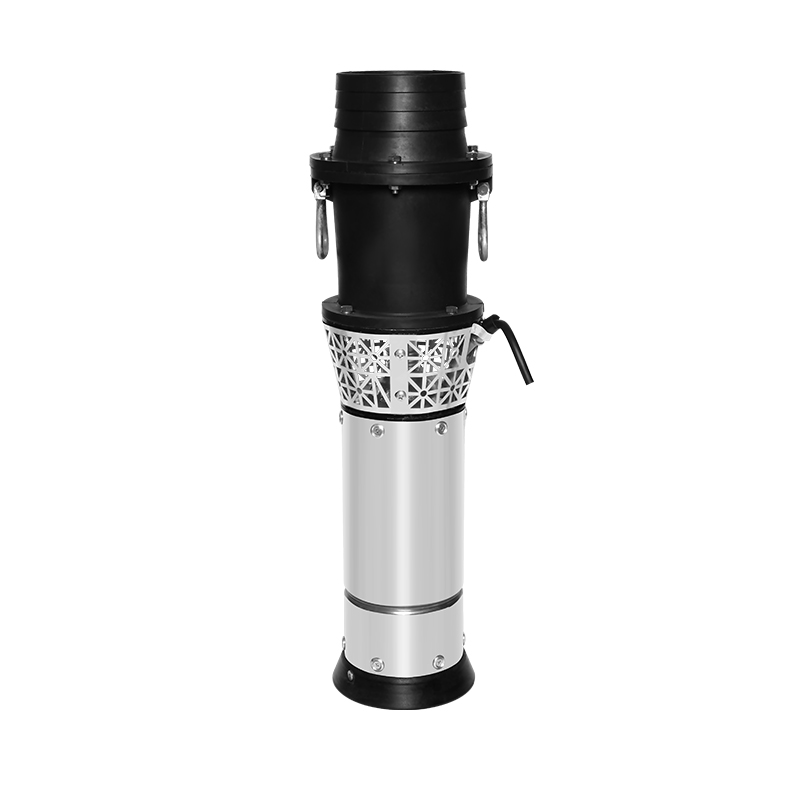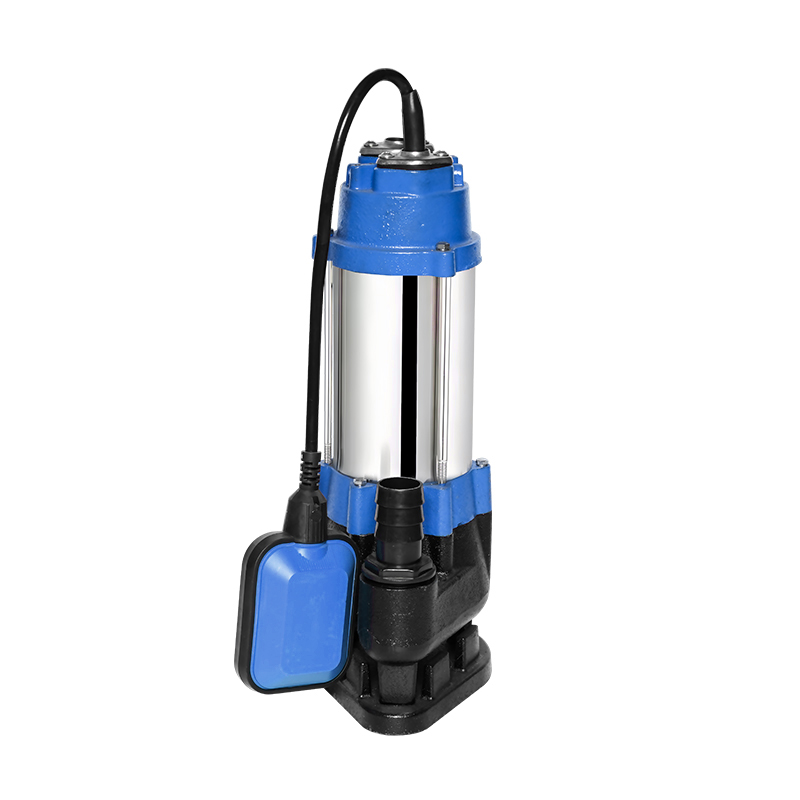The Operational Principles and Applications of Centrifugal Water Pumps
OEM Wholesale Centrifugal Water Pump Manufacturer Company
Centrifugal water pumps are widely recognized in the manufacturing industry for their ability to move fluids efficiently and reliably. These pumps play a crucial role in a multitude of applications, from water supply systems to industrial processes. This article delves into the operational principles of centrifugal water pumps and discusses their broad spectrum of applications.
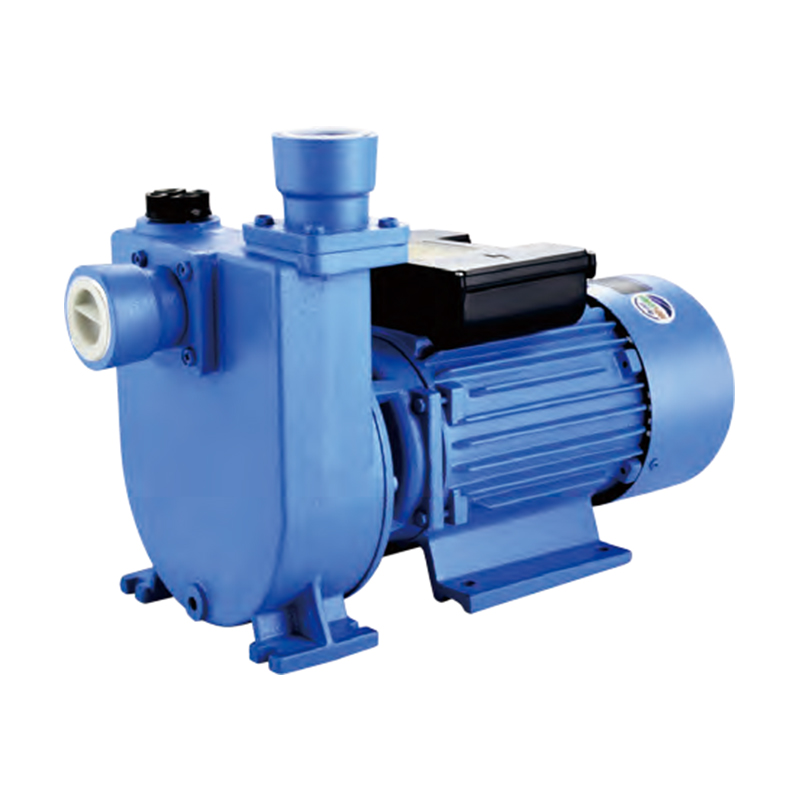
Operational Principles
The centrifugal water pump derives its name from the centrifugal force that is generated within the pump. This force is the result of the rotation of the pump's impeller, a central component that consists of radial blades. When the impeller rotates, it creates a decrease in pressure at its center, drawing fluid into the pump. As the fluid moves through the pump, it is accelerated by the centrifugal force and is discharged from the pump at a higher velocity and pressure.
The key to the centrifugal water pump's efficiency lies in its impeller design. The impeller's shape and the speed of rotation determine the pump's performance characteristics, including flow rate, head (the height to which the pump can lift the water), and power consumption. By adjusting these parameters, centrifugal water pumps can be tailored to meet specific process requirements.
Applications
Centrifugal water pumps find application in a vast range of industrial processes. Here are some of the key areas where centrifugal water pumps are utilized:
1. Irrigation Systems: In agriculture, centrifugal water pumps are essential for moving water from sources like wells, rivers, or reservoirs to fields for irrigation.
2. Water Treatment Plants: These pumps are used to transfer water through various stages of treatment, from initial intake to final distribution.
3. Industrial Processes: In manufacturing, centrifugal water pumps are indispensable for circulating cooling water, managing wastewater, and providing process water for various applications.
4. Building Services: In commercial and residential buildings, centrifugal water pumps are used in heating, ventilation, and air conditioning systems, as well as for water supply and sewage removal.
5. Fire Protection Systems: Centrifugal water pumps play a critical role in fire protection by providing the pressure and flow necessary to fill sprinkler systems quickly in the event of a fire.
6. Mining and Drilling: In mining operations, centrifugal water pumps are used to remove water from mines for safety and to manage the water used in drilling operations.
Centrifugal water pumps are chosen for these applications due to their ability to handle a wide range of flow rates and heads, their relatively simple design, and their low maintenance requirements. They are also scalable, allowing for the use of multiple pumps in parallel or series to meet increased demands.
Centrifugal water pumps are versatile and essential pieces of equipment in many industries. Their operational principles, based on the generation of centrifugal force, allow for efficient fluid movement, and their applications span from simple water transfer to complex industrial processes. Understanding the principles and applications of centrifugal water pumps is crucial for anyone involved in fluid management systems, ensuring that the right pump is selected for each specific need.


